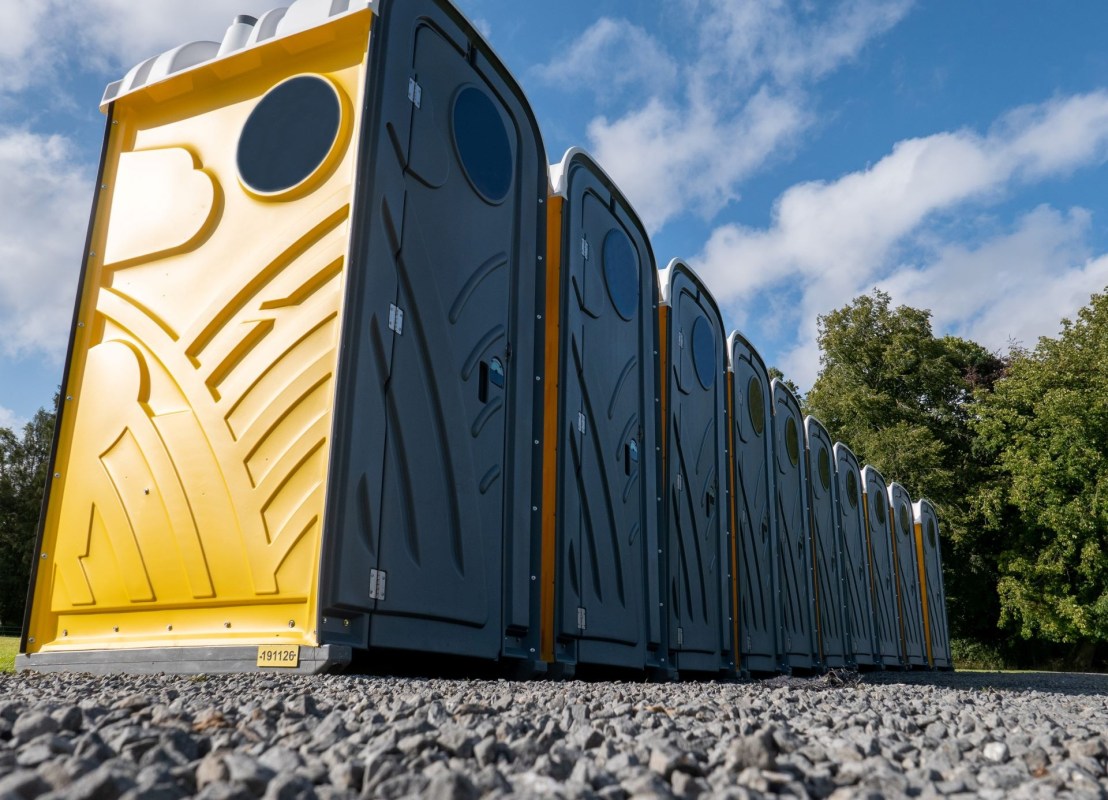Feces. Crap. Dookie. Dung. Excrement. What do you think of when you hear about poop?
Talking about bathroom habits is taboo for many, so it may make you feel a bit uncomfortable. But for Vermont-based company Wasted, toilet waste is a source of inspiration and possibility.
Sound weird? Hear us out.
The dirty truth
There's no way around it: we eat, and we poop. That amounts to a lot of waste in a world of nearly eight billion people.
The U.S. population has surpassed 330 million, and the infrastructure is pressed to keep up with demand. With shifting weather patterns due to the overheating of our planet, sewage facilities have been thrust into the headlines. The start of 2023 saw floods in Northern California, resulting in 62 million gallons of raw sewage leaking into waterways.
Traditional sanitation systems won't effectively support the needs of a growing population while also keeping our communities clean and protected. We need a better way to process our waste.
Brown gold
With a clear need in mind, several crappy startups have come to market to tackle the waste problem. In this case, a crappy startup is a good thing.
Startups are looking to reinvent the waste cycle. Historically, the process has been single-directional: You flush, it heads through the pipes, it gets filtered, and the water is cleaned for reuse. But what about the solid matter?
Poo-friendly startups see a significant opportunity for solid refuse from toilets. With a different mindset and a little finesse, this "waste" can become brown gold — nitrogen-rich fertilizer that can be used in agriculture.
Wasted away
In 2020, startup company Wasted grew from the non-profit Do Good Sh*t, an organization with the mission "to reduce the harmful impacts of human waste by delivering dignified and sustainable sanitation systems to ecologically sensitive environments and their surrounding communities."
Wasted wants to nurture a circular economy for human byproducts, starting with a new approach to porta potties. Container-based toilets not only use less water, but they save waste from, well, going to waste. Yet, traditional portable toilets often use a lot of toxic chemicals.
In 2023, Wasted launched its first pilot program: 200 chemical-free portable toilets on construction sites in its hometown of Burlington, Vermont. The fertilizer will be used to reduce algae bloom on Lake Champlain.
But that was only the beginning. Wasted has since brought their portable toilets to venues like concerts, events, and camping sites, and they have expanded operations to Boston.
Want to learn more about the power of poo and follow Wasted on their journey? Check out their website or follow them on LinkedIn at Wasted* PBC.
Join our free newsletter for cool news and actionable info that makes it easy to help yourself while helping the planet.









